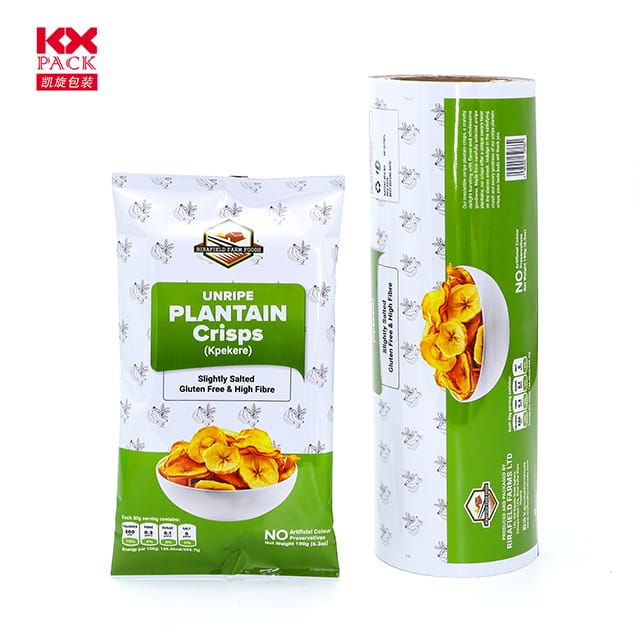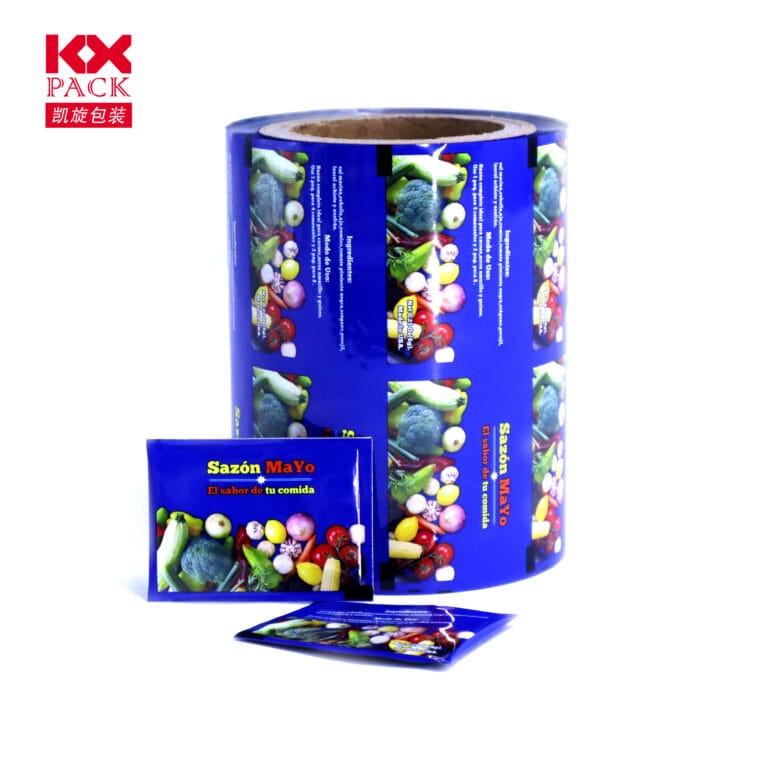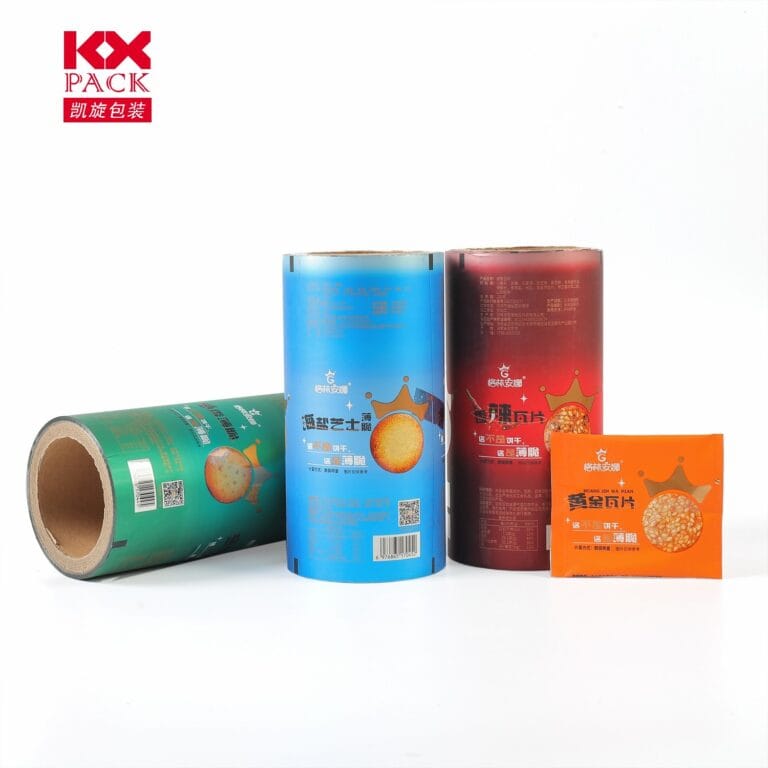플라스틱 필름의 다목적 세계: 다중 용도 및 지속 가능성 문제를 공개 (2)
플라스틱 필름 롤
오늘날의 빠르게 진행되는 세상에서, 플라스틱 필름 롤은 다양한 산업 및 일상 생활에서 필수 불가능 해졌습니다.. 포장에서 농업에 이르기까지, 건설, 그리고 심지어 예술조차도, 이 다재다능한 롤은 보호에 중추적 인 역할을합니다, 보존, 수많은 프로세스를 촉진합니다. 하지만, 널리 사용됨에 따라 간과할 수 없는 일련의 지속 가능성 문제가 발생합니다.. 플라스틱 필름 롤의 다양한 세계를 탐험해 보세요, 다양한 용도를 탐색하고 환경에 미치는 영향을 둘러싼 시급한 문제에 대해 논의합니다..
플라스틱 필름 롤이 얇습니다., 취급 및 보관이 용이하도록 롤 형태로 감긴 유연한 플라스틱 소재 시트. 다양한 두께로 나오네요, 재료 (LDPE와 같은,llde, HDPE, 및 PVC), 및 크기, 다양한 요구에 부응. 포장산업에서는, 플라스틱 필름 롤은 제품을 포장하고 습기로부터 보호하는 데 필수적입니다., 먼지, 운송 및 보관 중 손상. 식품 포장, 특히, 플라스틱 필름의 차단 특성으로 인해 큰 이점을 얻습니다., 제품의 신선도와 유통기한을 유지하는데 도움을 주는.
농업 역시 플라스틱 필름 롤에 크게 의존하고 있습니다.. 멀칭 필름은 잡초를 방제하는 데 사용됩니다., 토양 수분을 보존하다, 그리고 온도를 조절해, 작물 수확량 및 품질 향상. 사일리지 필름, 반면에, 부패를 방지하기 위해 혐기성 조건에서 마초 작물을 저장하는 데 중요합니다..
이 분야 외에도, 플라스틱 필름 롤은 건설 분야에서 응용 분야를 찾습니다. (바닥과 지붕의 밑깔개로), 자동차 산업 (보호 덮개용), 심지어 창작 예술까지도 (제작 및 모델 제작을 위한). 내구성, 유연성, 비용 효율성으로 인해 수많은 응용 분야에서 매력적인 선택이 됩니다..
지속 가능성 수수께끼
그 유용성에도 불구하고, 플라스틱 필름 롤은 심각한 환경 문제를 야기합니다. 단일 사용 플라스틱, 다양한 종류의 플라스틱 필름을 포함하여, 전 세계 플라스틱 오염 위기에 기여. 바다에 빠지는 경우가 많습니다, 해양 생물에 해를 끼치고 생태계를 교란시킵니다.. 추가적으로, 플라스틱 필름 롤을 생산하려면 석유가 필요합니다., 재생 불가능한 자원, 그리고 그 과정에서 온실가스 배출이 발생합니다, 기후변화를 악화시키는.
플라스틱 폐기물 문제는 많은 유형의 플라스틱 필름이 쉽게 재활용되지 않는다는 사실로 인해 더욱 복잡해집니다.. 음식물 찌꺼기로 인한 오염, 첨가제, 필름의 얇은 특성으로 인해 기존 재활용 방식으로 처리하기가 어렵습니다.. 결과적으로, 대량의 플라스틱 필름 폐기물이 매립지로 보내집니다., 분해되는 데 수백 년이 걸릴 수 있는 곳.
보다 지속 가능한 솔루션을 향하여
이러한 도전에 직면하여, 보다 지속 가능한 대안을 개발하고 재활용 인프라를 개선하기 위한 노력이 진행 중입니다.. PLA와 같은 식물 기반 재료로 만든 생분해성 및 퇴비화 가능한 플라스틱 필름 (폴리 락트산) 그리고 PHA (폴리하이드록시알카노에이트) 견인력을 얻고 있다. 이러한 대안에는 여전히 고유한 과제가 있지만, 생산 중 더 높은 비용과 환경 피해 가능성을 포함합니다., 그들은 올바른 방향으로 나아가는 단계를 나타냅니다.
재활용 기술의 혁신도 중요합니다.. 오염과 플라스틱 필름의 두께를 보다 효과적으로 처리하기 위해 고급 분류 시스템과 화학적 재활용 방법이 개발되고 있습니다.. 순환경제 원칙을 장려하는 정책, 생산자 책임 확대 등 (EPR) 및 보증금 환불 제도, 기업이 더 많은 재활용 가능한 제품을 설계하고 재활용 인프라에 투자하도록 장려할 수 있습니다..
게다가, 소비자의 신중한 선택을 통해 전반적인 플라스틱 소비 감소, 재사용 가능한 대안, 교육 캠페인이 꼭 필요합니다. 소비자와 기업 모두 최소한의 포장을 선택하여 한몫을 할 수 있습니다., 지속가능성에 전념하는 브랜드 지원, 환경 피해를 최소화하기 위해 플라스틱 폐기물을 적절하게 처리합니다..
결론
플라스틱 필름 롤은 수많은 산업 및 일상 생활 응용 분야에서 다재다능하고 귀중한 도구입니다.. 하지만, 그들의 환경 발자국은 우리가 생산하는 방식에 대한 재평가를 필요로 합니다., 사용, 그리고 이 물질들을 폐기하세요.. 혁신을 수용함으로써, 지속 가능한 관행 육성, 책임 문화를 조성하고, 우리는 플라스틱 필름 롤의 부정적인 영향을 완화하고 보다 지속 가능한 미래를 위한 길을 열 수 있습니다.. 소비자이자 이해관계자로서, 오늘 우리의 집단적 행동은 다음 세대를 위한 플라스틱 사용의 유산을 형성할 것입니다.







